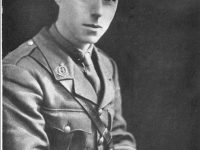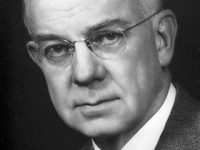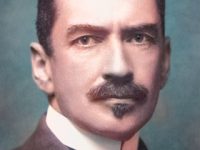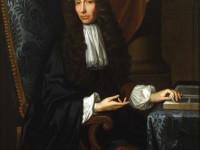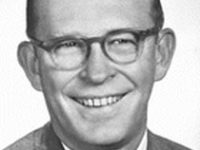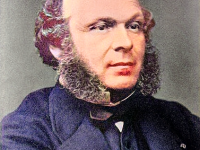Frederick William Twort and the Bacteriophages
On March 20, 1955, English bacteriologist Frederick William Twort passed away. Twort was the original discoverer in 1915 of bacteriophages, i.e. viruses that infect bacteria. He researched into Johne’s disease, a chronic intestinal infection of cattle, and also discovered that vitamin K is needed by growing leprosy bacteria. Early Years Frederick William Twort was born in Camberley, Surrey, the eldest of the eleven children of Dr. William Henry Twort. He initially only received a limited…
Read more

